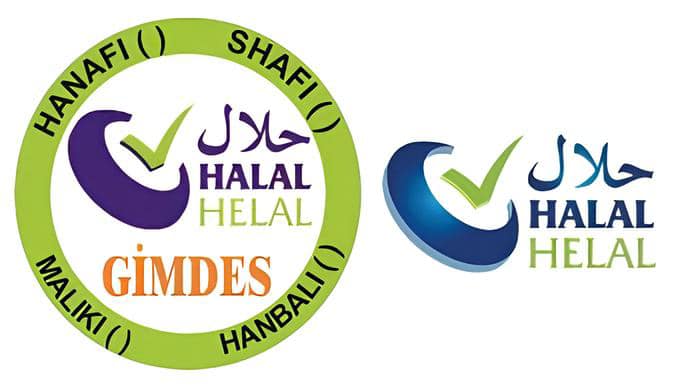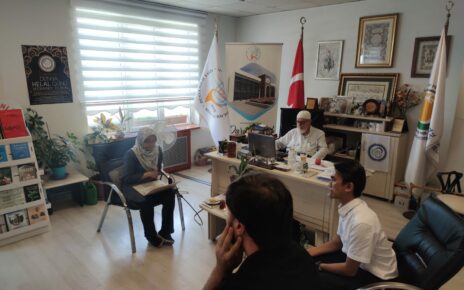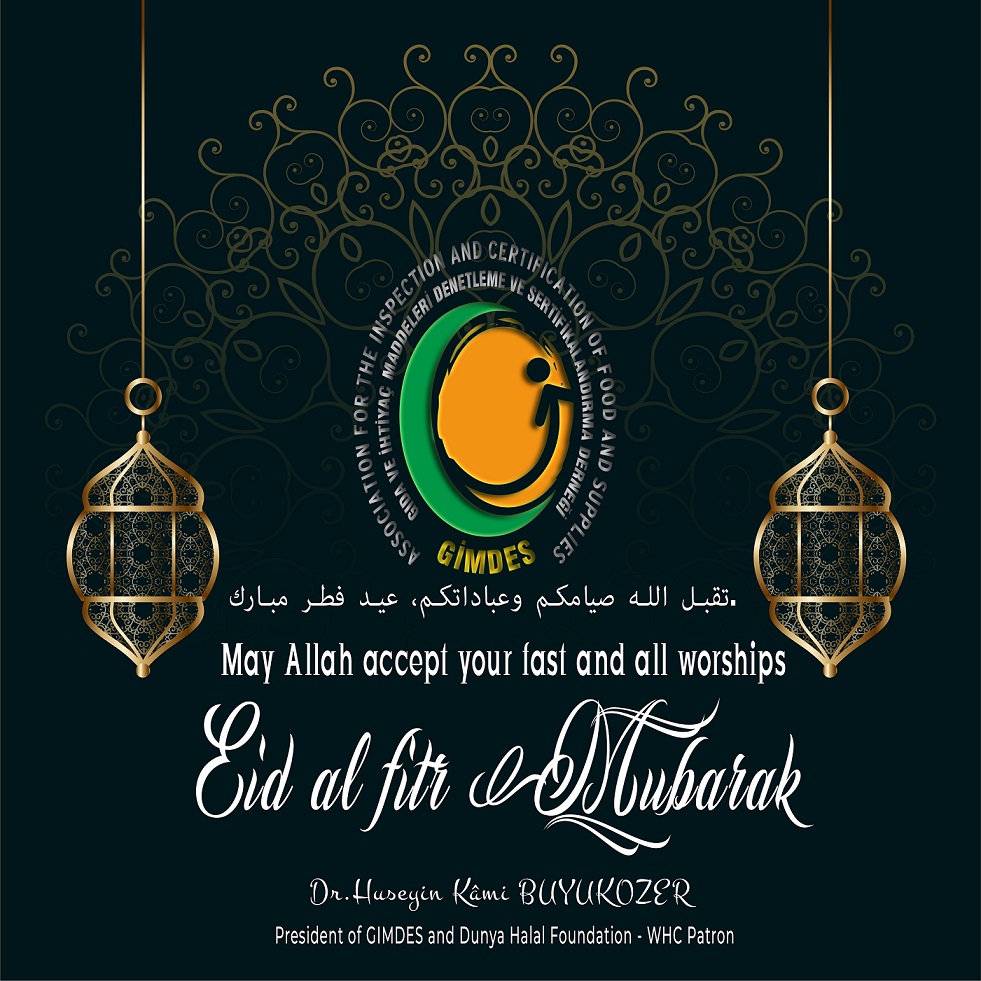Dr. Hüseyin Kami BÜYÜKÖZER
“O humanity! Eat from what is lawful and good on the earth and do not follow Satan’s footsteps. He is truly your sworn enemy.” (Al-Baqara, Verse 168)
Halal and Tayyib, the Islamically permitted food regulation defines the permitted foods in terms of what Muslims can and cannot consume. The fact that there are discussions about our food, additives and some substances that can be added during food processing often makes it difficult for consumers to decide exactly what can be Halal and Tayyib. In principle, consumers have the right to obtain information from food producing companies and to be sure that the information is correct. However, products that have a Halal certification system using branded Halal certification symbols can provide the same guarantee to consumers with less effort.
However, there are currently over 400 Halal certification organizations in the world. There are thousands of individuals and companies that market counterfeit products using the registered documents and logos of these organizations without permission. It is not possible for consumers to fully know the differences between these organizations, but they have the right to know. For this reason, manufacturing and marketing companies and organizations must seriously ensure and follow these rights of their customers and followers.
Some Halal certification organizations are unacceptable to other certification organizations. Although some of these standards are very strict in allowing for some differences in critical issues, some are very flexible. For this reason, it is important to create a unified halal standard. Unless Muslims come together with the consciousness of the ummah, it is not possible to prepare a common standard. In fact, a standard that sets out the conditions that Muslim societies around the world can accept is acceptable and can eliminate contradictions. The proposal that the halal certification system should be organized without the intervention of states is being discussed in many countries.
A common, usable and acceptable halal standard and the establishment and implementation of this standard will help Muslims around the world to be more comfortable and non-Muslim consumers to receive a safer service. Since it saw this important necessity years ago, GIMDES has been trying to announce it to the whole world with various events with the slogan of “ONE VOICE, FULL UNITY” for years. A single Halal and Tayyib Certification Standard will also have a significant impact on the future of the billion-dollar world halal trade business.





